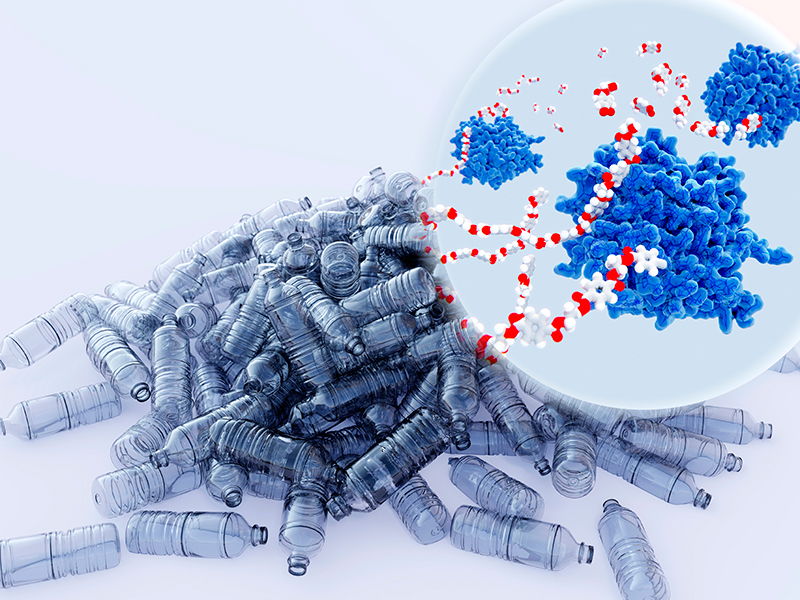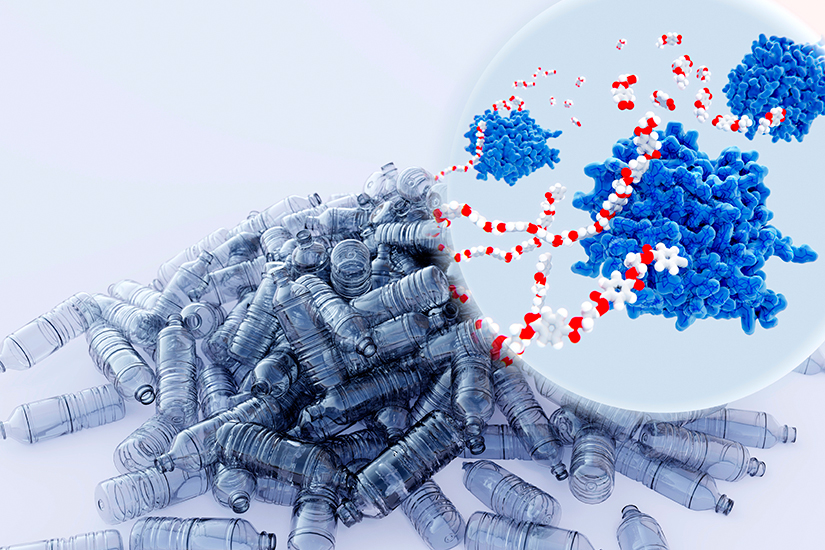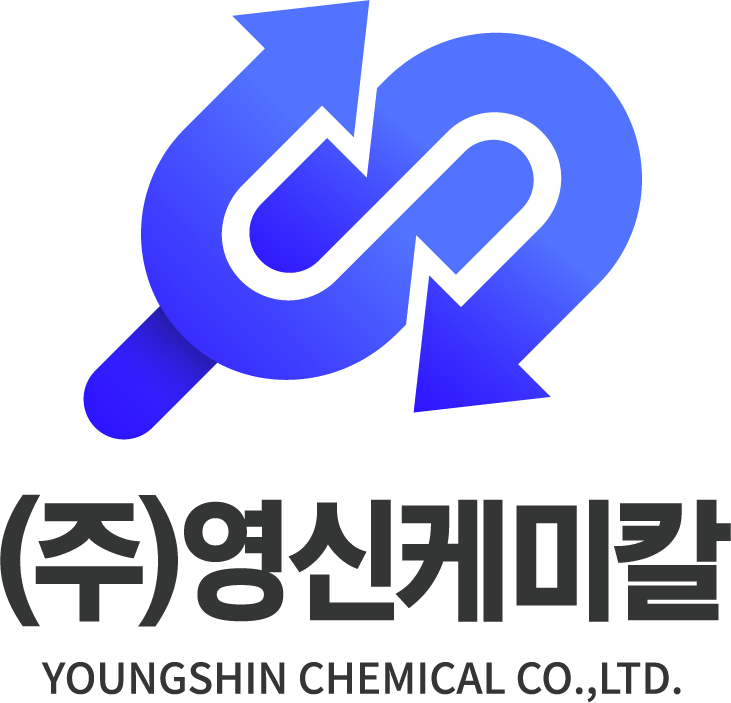
In today’s world, sustainable resource use is a critical goal, making PE recycle pellets a key solution. These pellets, made from recycled plastics, are widely used in packaging materials, construction supplies, and electronics casings. For instance, PE recycle pellets are commonly found in plastic bags, packaging films, beverage bottles, and pipes. They are also used in industries like automotive parts and wire insulation.
When selecting PE recycle pellets, factors such as durability, recycling rate, and ease of processing must be considered. These pellets are categorized into high-density (HDPE) and low-density (LDPE) types, each suited for different uses. HDPE recycle pellets are ideal for strong pipes and containers, while LDPE recycle pellets are perfect for flexible films and packaging.
Furthermore, PE recycle pellets offer an eco-friendly advantage. By recycling existing plastics, they reduce resource waste and minimize environmental impact. Many global companies are adopting PE recycle pellets to practice sustainable business. Thus, choosing PE recycle pellets is a smart choice for achieving both environmental protection and cost savings.
Since there are many manufacturers of recycled PE pellets, it’s important to consider several key factors when choosing the right product. First, check the recycling rate. It is generally recommended to use pellets with a recycling rate of 70% or higher. Some high-strength products may be mixed with virgin PE, depending on specific requirements. Next, review the mechanical properties such as strength, flexibility, and thermal stability, and confirm the quality through data sheets and test reports.
Processing suitability is also critical, especially for applications involving injection molding or extrusion molding. Additionally, verify if the company holds relevant environmental certifications and complies with eco-friendly standards. Lastly, ensure that the pellets are free from harmful chemicals, especially if they are used in food packaging or sanitary products.
Considering these factors will help you select high-quality recycled PE pellets that meet both performance and environmental standards.



